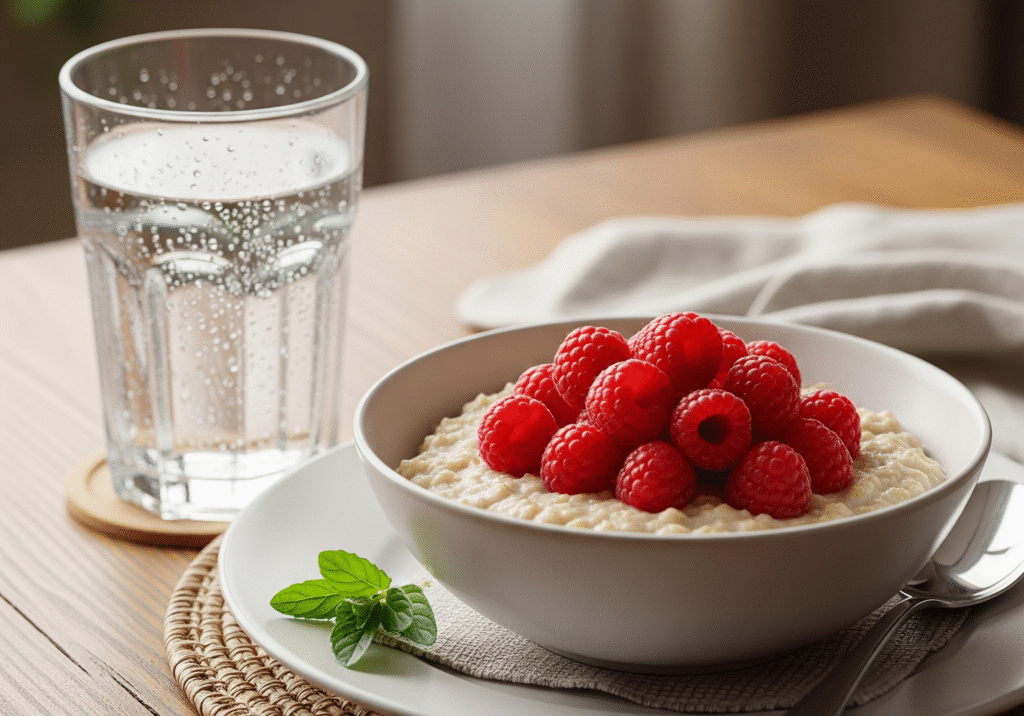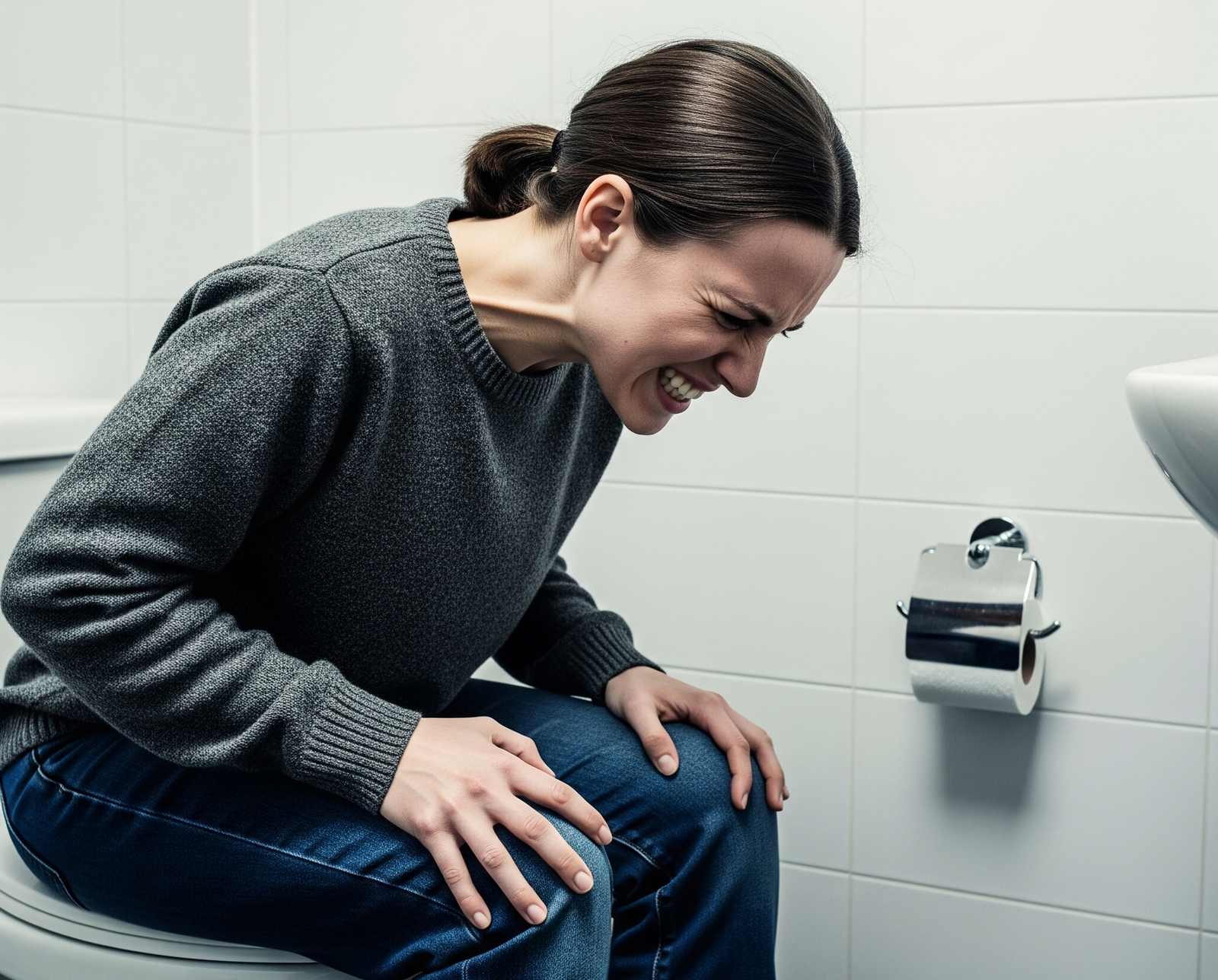Constipation is a common digestive problem that makes bowel movements difficult or infrequent. Doctors typically define constipation as having fewer than three bowel movements per week, with stools that are hard, dry, and difficult to pass. Learn about the causes, symptoms, treatments, and natural remedies for constipation, providing quick relief.
Common Causes of Constipation
- Diet low in fiber (fruits, vegetables, whole grains).
- Inadequate hydration (not drinking enough water).
- Sedentary lifestyle (lack of exercise slows digestion).
- Medications (painkillers, iron supplements, antidepressants).
- Ignoring the urge to have a bowel movement.
- Medical conditions (thyroid problems, IBS, diabetes).
Symptoms of Constipation
- Fewer than three bowel movements per week.
- Hard or lumpy stools.
- Straining during bowel movements.
- Feeling of incomplete emptying.
- Abdominal pain, bloating, or heaviness.
Quick Relief, Prevention & Home Remedies

- Increase fiber intake – eat more fruits, vegetables, beans, and whole grains.
- Stay hydrated – drink 6–8 glasses of water daily.
- Exercise regularly – walking, jogging, or yoga helps stimulate bowel movements.
- Try natural remedies – prune juice, flaxseeds, chia seeds.
- Set a bathroom routine – go at the same time daily, ideally after meals.
Medical Treatment Options
Over-the-counter medications, such as stool softeners, fibre supplements, or mild laxatives, can provide temporary relief. However, always consult a doctor or pharmacist before starting medications or frequent laxative use.
When to See a Doctor
You may consider seeking medical attention if:
- Constipation lasting more than 3 weeks.
- Blood in the stool.
- Severe abdominal pain.
- Unexplained weight loss.
- Constipation alternating with diarrhea (possible sign of IBS or other issues).
You may also asked about:
1. What is the fastest way to relieve constipation?
Drinking water, eating high-fibre foods, and gentle exercise can provide quick relief.
2. What foods are best for constipation?
Prunes, pears, beans, oats, chia seeds, and leafy greens.
3. Can dehydration cause constipation?
Yes, lack of fluids makes stools harder and more difficult to pass.
4. Is constipation dangerous?
Occasional constipation is common, but long-term constipation may indicate a medical problem that requires treatment.
Constipation is a common but manageable condition. Most cases improve with simple lifestyle changes, however, persistent or severe constipation should always be evaluated by a healthcare professional to rule out underlying conditions.
Disclaimer: This article is for informational purposes only and should not replace professional medical advice. Please consult a doctor or pharmacist for personalized treatment.
Source:
You may also interested to read about headache


[…] You may also be interested in reading about Constipation […]